Setting Reinforcement Schedules with Your Dog
In marker training, it is important to understand what reinforcement schedules are and why we must implement them. Our end goal is to get our dog on a random reinforcement schedule and to remain that way for the rest of their life.
There are several ways of rewarding our dogs:
- Continuous Reinforcement
- Variable Reinforcement
- Random Reinforcement
Understanding what each of these categories are and then knowing when to apply them is important.
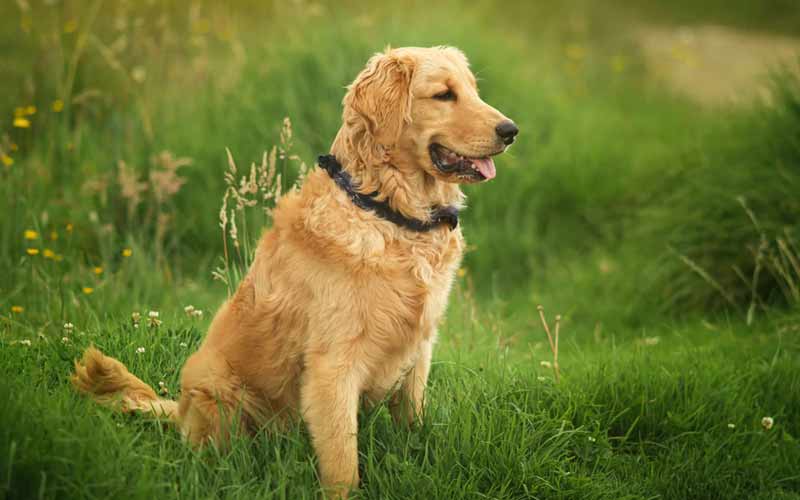
Continuous Reinforcement
Continuous reinforcement means that the dog gets rewarded every time it performs a behavior we ask. There are things that influence continuous reinforcement, like how hungry a dog is, if the food reward is a high value to the dog, etc.
There is also a limited number of rewards that can be given during specific training session before the dog is no longer hungry. When that happens, the food reward is no longer motivating to the dog.
While continuous reinforcement is a valuable tool in the early stages of dog training, its prolonged use (i.e for a year) will cause problems. When it comes time for trainers to fade food rewards, even to move into a variable system may not work. The behaviors go away or as many dog trainers say they become extinct. Dogs that have been habituated to continuous rewards will experience confusion or frustration when the frequency of rewards decreases
This is why moving to a variable reinforcement schedule, where rewards are given intermittently, is important to do as soon as possible. When the time comes that you want to move into a variable system, just be prepared to help your dog if it loses interest..
Variable Reinforcement
When we move our dog to a variable reward schedule and we do it at the right time, it should produce more drive in our dog to perform. If we have introduced the dog to the "NOPE" marker enough times (hundreds of times - see our online course on Marker Training) the dog will think "Hey I deserve a reward but I didn't get one, I must have done something wrong so I'll try harder next time".
Then the following behaviors it gets rewarded 3 or 4 times, then no-reward again. The goal of a variable reward system is to develop a training module where the dog never knows when or how many rewards its going to get for offering a behavior.
Finding the right balance is your challenge. Being ready to back up your training for awhile will help you figure this out. Every dog is different, that's why no one can tell you exactly how to do it for your dog.
The bottom line is a variable reinforcement is effective because it creates a high and steady rate of response and is very resistant to extinction. The dog remains motivated because it knows that the behavior will be rewarded eventually, but it can't predict exactly when, leading to more consistent performance of the desired behavior.
Random Reinforcement
Random reinforcement, as the name suggests, is less systematic and more unpredictable. The rewards are given at random times, regardless of how many times the dog has performed the behavior. It’s not based on a set average number of responses or time intervals. This method is more haphazard and doesn't follow a specific pattern.
Keep a Training Log
With time and practice, you'll get the hang of things. I recommend keeping a diary or even video recording your training sessions. You can learn a lot from your own physical cues.
Using a reinforcement schedule is only the beginning of your training career. Different environments may cause your dog to act differently, the same with different distractions.
Using a reinforcement schedule is only the beginning of training your dog. In different environments, your dog may act differently due to distractions. We need to implement a correction phase.
If you want to learn how to use a toy as a reward, we have an entire online course dedicated to playing tug.
Leerburg covers a variety of dog training topics for the new beginner to the advanced veteran. If you're interested, view our following online courses or DVDs for more dog training guidance:




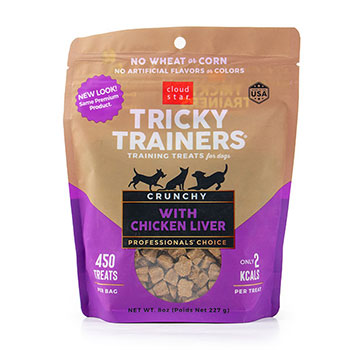
.jpg)
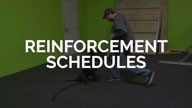
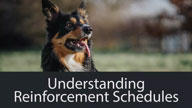
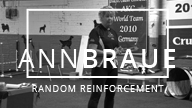

Ask Cindy.